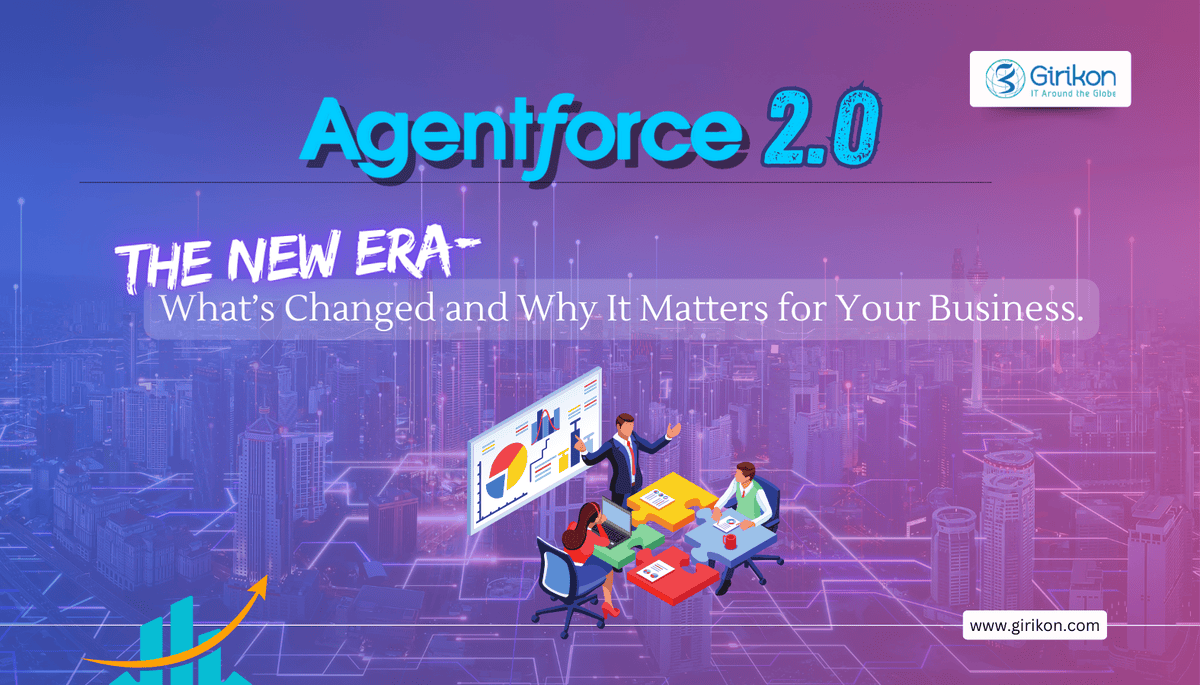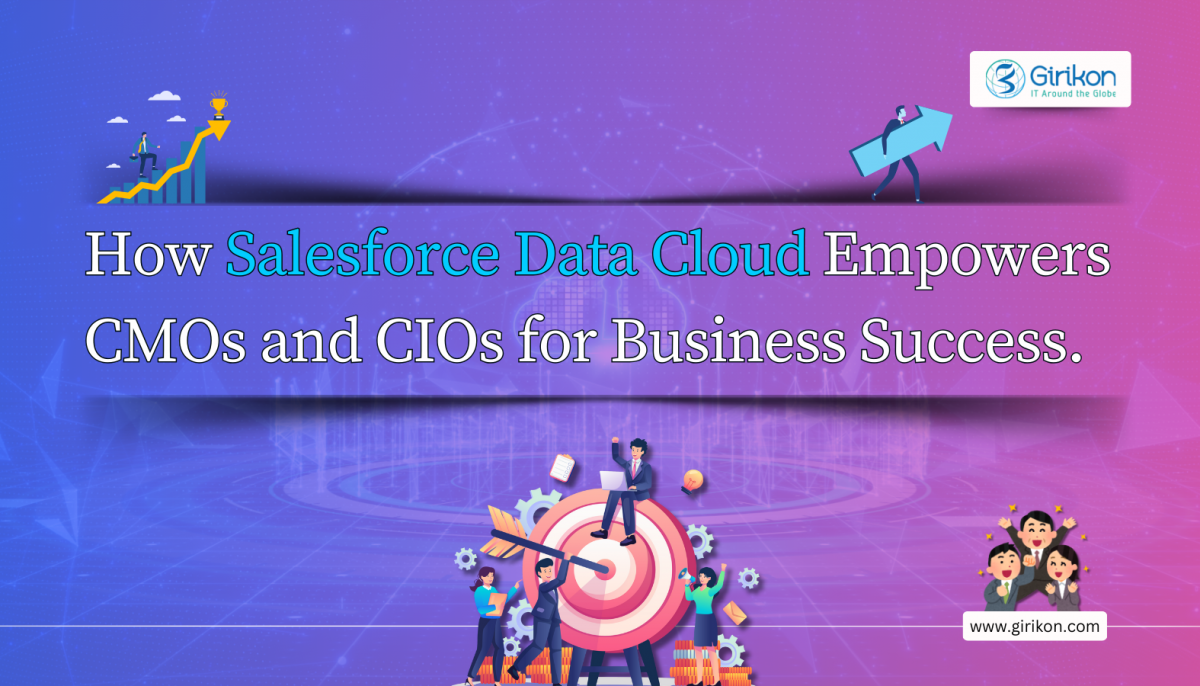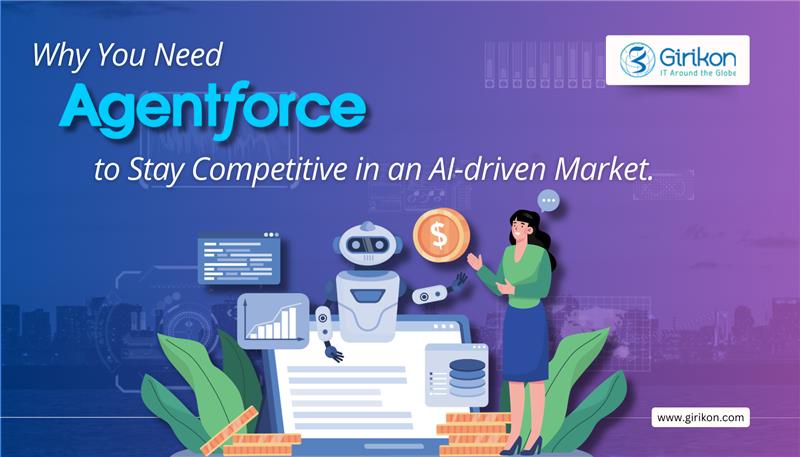Our Blogs
Everything that you consume on a day to basis be it food, clothes or any other finished product has to cover a long journey before it reaches the customers. Besides the outlet where you go and make a purchase, there is a network of interrelated elements known as the ‘supply chain’ that works on getting these products at your disposal.
However, increased globalization has led to a more complex supply chain ecosystem, which has allowed issues related to trust, speed, and accuracy to penetrate through it. However, the biggest impediment to fixing the otherwise broken supply chains is to find out a way of consolidating data across all the supply chain entities that usually work in silos. The solution lies in integrating disruptive technologies like Blockchain and Salesforce, which can be made possible by partnering with a reliable Salesforce consultant.

Role of Blockchain in Streamlining the Supply Chain:
To understand the role of Blockchain in streamlining the supply chain ecosystem, let’s quote the example of temperature-controlled logistics (perishable food and pharmaceutical) that require to be stored and transported within a certain temperature range to ensure they remain preserved till they are delivered to the end-users. However, managing the integrity of the cold supply chain has become challenging with most of the products either getting lost or contaminated during transit as a result of exposure to unsafe temperature ranges. This happens because of the inefficiency of the current track and trace system that fails to provide sufficient supply chain visibility.
Blockchain – a distributed ledger technology can help resolve issues pertaining to the supply chain ecosystem by reducing inconsistencies, increasing visibility of products during transit through the supply chain and streamlining processes. This becomes possible as every physical asset that is a part of the supply chain ecosystem is represented as a digital asset on the Blockchain network. This is also known as tokenization of assets, which enables increased traceability of products in the supply chain by helping identify the point where food/drugs have been tampered with so that product that is either tampered with or gets contaminated is removed before it reaches the store shelves. This track and trace feature of Blockchain allows customers to track the journey of a product right from the point of origin till store shelves. With an IoT powered Blockchain system in place, data attributes such as the temperature of food/drugs, location, etc. could be gathered and stored. Since data once uploaded on the Blockchain is immutable, errors could be minimized and quality of products can be ensured.
How does Salesforce fit in?
While Blockchain promises to resolve issues related to trust and transparency within the digital economy, Salesforce offers much more than a robust CRM solution. By offering solutions for streamlining information, task automation, analytics, and enhanced communication, this robust CRM platform has transformed the way businesses operate. Just like Blockchain, Salesforce places the power in the hands of the buyers by increasing transparency through tailored solutions and empowering the sales representatives to provide customers with a better quality of service.
When it comes to supply chain, the Salesforce CPQ that stands for Configure, Price, quote provides the necessary tool-set to transform the complex and bulky Sales process into a streamlined one. By providing a consistent process for quotes, Salesforce CPQ can be leveraged for tracking orders and renewals concerning quotes. By allowing buyers to directly see the status of their orders, trust and transparency are enhanced.
How Does the Integration of Blockchain and Salesforce Work?
The integration of Blockchain and Salesforce paves way for a solution that enables information (regarding orders) to reside on Blockchain. This establishes better visibility, security, immutability and most importantly assurance that all the entities will be operating on the shared data across different organizations. Apart from this, all the existing supply chain actors can access their profile from their individual Salesforce orgs along with with product-related details (quality certifications, etc.).
So, what enables the integration of these two technologies? It is to be noted that the product suite (Blockchain ledger, Ethereum app manager and the Hyperledger app manager) created by Salesforce enables the distributed app suite available on Salesforce instance. While the app fixes a listener on the Blockchain, as well as the Salesforce platform in a way that any data that is uploaded on Salesforce gets added as a transaction on the Blockchain platform and vice-versa, the Hyperledger Fabric is built on components such as the consensus mechanism, smart contract functionality, and oracles. The data gathered by these agents are then utilized by Blockchains smart contract functionality.
In the context of the supply chain, a sales rep can create a new quote while generating a proposal by using Salesforce CPQ. Once the opportunity is won the sales reps can create an order including a list of items to be supplied. The DApp(Distributed Apps) suite is set up in a way that the data gets sent to Blockchain after the order receives a specific status. As data regarding the temperature, location, humidity, etc gets recorded on the Blockchain, it gets redirected to Salesforce following which historical details regarding the product’s journey from packaging till delivery can be observed on Salesforce instance. Such reverse integration allows sales reps to validate the exact location of the order on the supply chain.
Conclusion:
Besides the above-mentioned benefits, the integration of Blockchain and Salesforce also enables creation of reports and analytics basis the shared Blockchain data. This will generate new revenue models besides improving supplier/buyer logistics significantly. To sum up, it can be said that the promising integration of Salesforce and Blockchain will not just substitute rigid supply chains but will create a roadmap for the future by working across industries. It’s prudent to get in touch with a reliable Salesforce implementation partner to ensure seamless integration of Salesforce and Blockchain.

 +1-480-382-1320
+1-480-382-1320 +44-7428758945
+44-7428758945 +61-1300-332-888
+61-1300-332-888 +91 9811400594
+91 9811400594


















